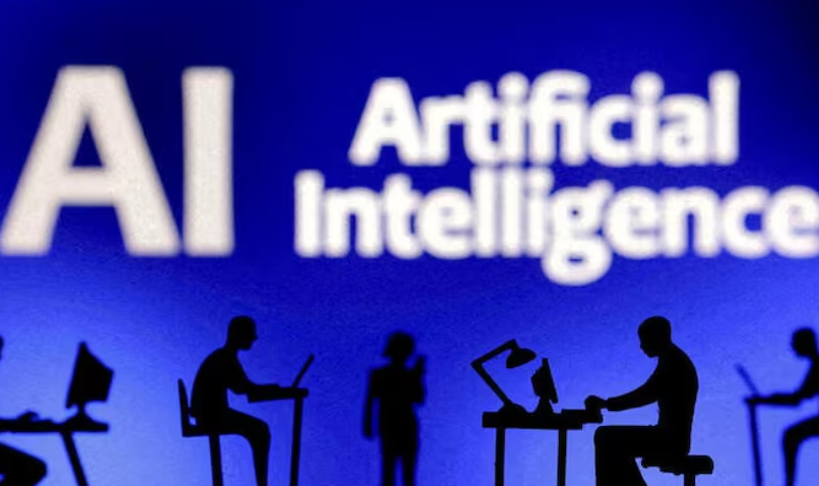A federal judge rejected an attempt by the parents of a Massachusetts high school senior to force his school to erase his disciplinary record and increase his history class grade. School officials had accused the student of using an artificial intelligence program to cheat on a class assignment.
On Wednesday, U.S. Magistrate Judge Paul Levenson in Boston ruled that Hingham High School officials acted reasonably when they determined that Jennifer and Dale Harris’ son violated academic integrity rules by using an AI tool to complete the project.
Judge Levenson refused to issue an order requiring the school to expunge the disciplinary record or raise the student’s AP U.S. History grade from a C-plus to a B. Levenson noted that while generative AI presents nuanced challenges for educators, the school’s plagiarism policy provided sufficient notice that students could not submit text from other sources as their own work.
Gareth Norris, the school’s attorney, described the ruling as “factually accurate and legally sound.” Meanwhile, Peter Farrell, the parents’ lawyer, emphasized the preliminary nature of the ruling and expressed a commitment to further building the factual case as litigation continues.
The parents filed the lawsuit after school officials determined in December 2023 that their son, then a junior, cheated on an AP U.S. History assignment. They found that he had copied and pasted AI-generated text, including fabricated citations, without proper attribution. The student reportedly used Grammarly’s AI tool, which produced sources that didn’t exist.
As a consequence, the school assigned the student to Saturday detention and initially denied him membership in the National Honor Society. However, the school later allowed him to reapply, and he eventually gained admission.
The parents argued that the school violated their son’s due process rights under both the U.S. and Massachusetts Constitutions by failing to adequately explain how its academic honesty standards applied to AI usage.
The student testified that he felt unclear about the rules, as students were allowed to use AI to generate ideas and identify sources. However, Judge Levenson concluded that the evidence showed the student and his project partner didn’t merely use AI for brainstorming. Instead, they indiscriminately copied text generated by Grammarly without even verifying the sources it provided.

